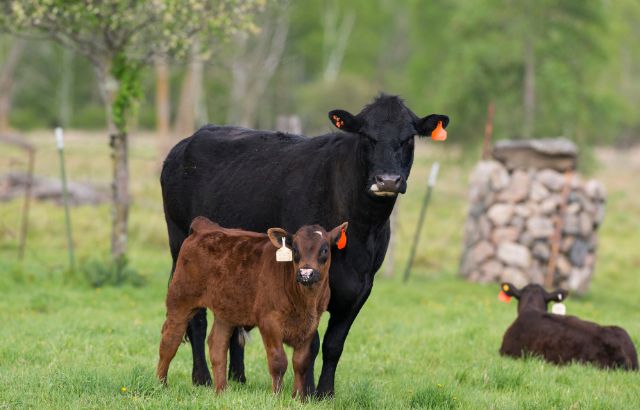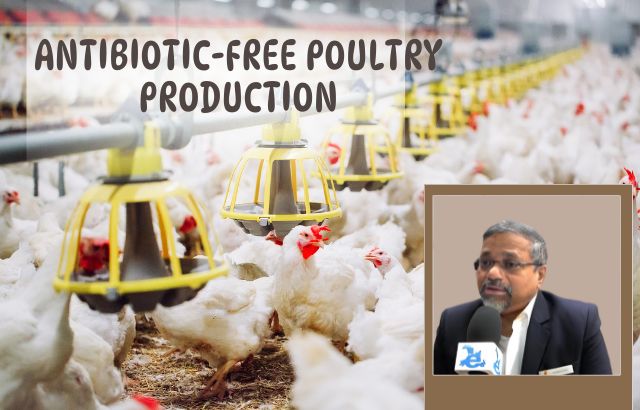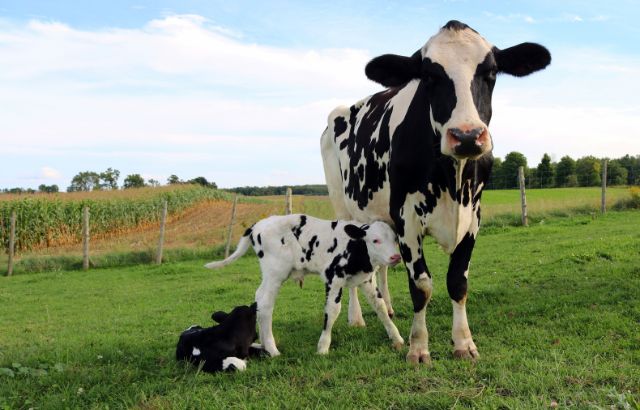In the heart of the countryside, where the morning dew glistens like scattered diamonds and the air hums with the harmony of nature, there exists a humble farm. Here, amidst rolling pastures and rustling trees, a farmer named John tends to his beloved animals with unwavering care and dedication. Yet, unlike the conventional practices often seen in industrial farming, John has embraced a different path—one that prioritizes the well-being of his animals and the sustainability of the environment. His secret? Natural and eco-friendly nutritional supplements.
As we delve into John’s story, we uncover a growing movement towards holistic approaches to animal health—a movement rooted in the principles of sustainability, ethics, and the profound connection between all living beings. Let us embark on a journey through the lush fields and tranquil barns, exploring the realm of natural supplements and their profound impact on the health and vitality of our furry companions.
The modern world has witnessed a surge in the demand for natural and eco-friendly products across various industries, and the realm of animal health is no exception. According to a report by Grand View Research, the global market for natural animal health supplements is projected to reach $1.7 billion by 2027, driven by increasing awareness among pet owners about the benefits of natural ingredients and sustainable practices.
One of the key drivers behind this trend is the growing concern over the adverse effects of conventional agricultural practices on animal health and the environment. Conventional farming often relies heavily on synthetic additives and antibiotics, which can pose risks to both animals and ecosystems. In contrast, natural supplements harness the power of botanicals, herbs, and other organic ingredients to support the innate healing mechanisms of animals without causing harm to the environment.
Studies have shown that certain natural supplements can effectively promote animal health and well-being while minimizing the environmental footprint of agricultural operations. For example, research published in the Journal of Animal Science and Biotechnology has highlighted the potential of herbal supplements such as turmeric, ginger, and garlic in improving the immune function and digestive health of livestock animals. These herbs not only offer nutritional benefits but also possess natural antimicrobial properties, reducing the need for synthetic antibiotics.
Moreover, natural supplements can play a crucial role in addressing specific health challenges faced by animals, such as joint pain, skin allergies, and anxiety. A study conducted by the University of Veterinary Medicine in Vienna found that omega-3 fatty acid supplements derived from algae can alleviate symptoms of osteoarthritis in dogs, offering a safe and sustainable alternative to traditional pain medications.
In addition to their health benefits, natural supplements contribute to the overall sustainability of animal farming practices. By reducing reliance on synthetic inputs and minimizing waste generation, farmers can mitigate the environmental impacts associated with conventional agriculture. For instance, a report by the Food and Agriculture Organization (FAO) emphasizes the importance of integrated farming systems that prioritize natural inputs and resource efficiency to enhance the resilience of agricultural ecosystems.
Q&A with Green Innovator Jaiguru: Navigating Nutritional Supplements for Animal Health

What are the benefits of using nutritional supplements for animal health?
Answer: Nutritional supplements can enhance animal well-being by providing essential vitamins, minerals, and nutrients that may be lacking in their diet. They can also support specific health needs, such as joint health, digestive health, and immune function.
How does green innovation contribute to the development of nutritional supplements for animal health?
Answer: Green innovation promotes the use of sustainable and environmentally friendly practices in the development and production of nutritional supplements. This includes sourcing organic ingredients, minimizing waste generation, and reducing carbon footprint throughout the supply chain.
What are some examples of natural ingredients used in eco-friendly nutritional supplements for animal health?
Answer: Examples of natural ingredients include herbs like turmeric, ginger, and garlic, which possess anti-inflammatory and antimicrobial properties. Other eco-friendly ingredients may include algae-derived omega-3 fatty acids, probiotics, and plant-based antioxidants.
How can farmers integrate natural supplements into their animal health management practices?
Answer: Farmers can integrate natural supplements into their animal health management practices by consulting with veterinarians or nutritionists to develop customized supplementation plans based on the specific needs of their animals. This may involve incorporating supplements into feed rations or administering them directly to animals as needed.
What are the environmental benefits of using natural and eco-friendly nutritional supplements?
Answer: Natural and eco-friendly nutritional supplements contribute to environmental sustainability by reducing reliance on synthetic chemicals and minimizing the ecological footprint of agricultural operations. By promoting biodiversity, soil health, and resource efficiency, these supplements help preserve natural ecosystems for future generations.
Nutritional Supplements for Animal Health: A Green Innovation Perspective

As we bid farewell to John and his tranquil farm, we are reminded not only of the profound impact that natural and eco-friendly nutritional supplements can have on the health and well-being of our animal companions but also of the pivotal role played by green innovators in shaping the future of agriculture. John stands as a testament to the transformative power of innovation guided by sustainability and compassion.
From the verdant pastures to the cozy barns, John’s farm embodies the ethos of a green innovator—a visionary who dares to challenge conventional norms and embrace practices that honor the delicate balance of nature. Through his relentless pursuit of holistic solutions, John has not only improved the health and vitality of his animals but has also paved the way for a more sustainable and ethical approach to animal farming.
As consumers, pet owners, and advocates for the welfare of all creatures great and small, let us draw inspiration from the pioneering spirit of green innovators like John. Let us champion practices that prioritize the well-being of animals and the preservation of our planet, recognizing that innovation and sustainability are not mutually exclusive but rather essential companions on the journey towards a brighter future.
Through mindful stewardship and a commitment to ethical principles, we can cultivate a world where animals thrive in harmony with the land, nourished by the bounty of the earth and the ingenuity of green innovators. Together, let us sow the seeds of change and cultivate a legacy of compassion, stewardship, and sustainability for generations to come.












